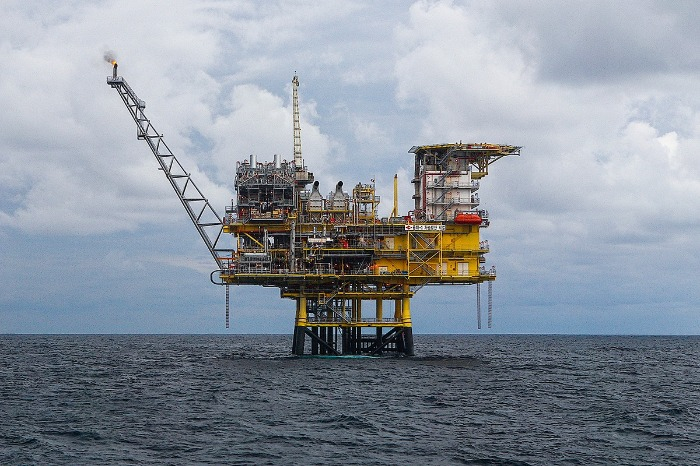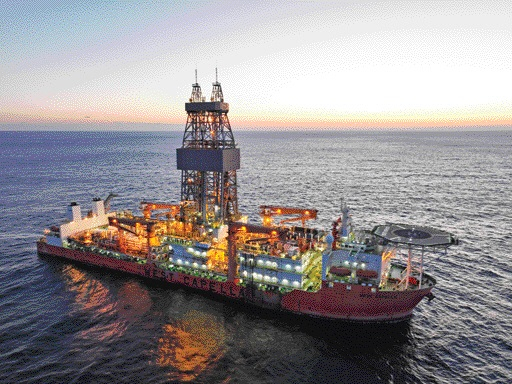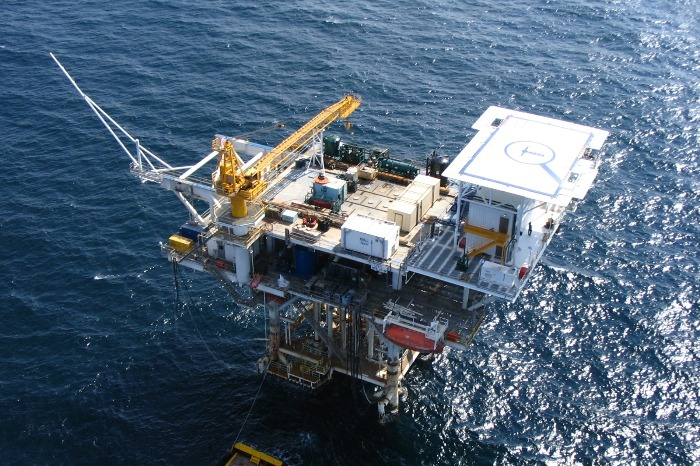
South Korea has selected BP plc as a partner to develop a deepwater gas reserve in the East Sea, according to people familiar with the matter on Monday. The move is expected to bolster the project’s feasibility, despite ongoing doubts by the ruling Democratic Party.
In last months’ auction, BP outbid a foreign national oil company to secure participation in drilling one of four offshore gas blocks in the East Sea basin. It is allowed to invest up to 49% of the offshore field.
Korea National Oil Corp. (KNOC) is currently in consultation with the Ministry of Industry, Trade and Energy before entering discussion with BP over investment size, equity stake and management rights, based on the British oil major’s initial proposal.
“We will begin formal negotiations (with BP) once we officially notify them of our decision to designate them as the preferred bidder,” said a KNOC official.
If a definitive contract is finalized, BP would become the first global oil major to participate in the development of South Korea’s gas reserves, reviving hopes that the country’s long dream of becoming a domestic oil and gas producer could be realized.

State-run KNOC has been looking for global partners for the second round of drilling across four deepwater gas blocks in the East Sea.
BP is one of the two bidders for one reserve among the four put up for auction. The one auction, in which BP has participated, drew two bidders, sufficient enough to avoid a bidding failure.
KNOC declined to disclose which of the four reserves BP submitted its bid for.
In June 2024, then-President Yoon Suk Yeol said at a televised national briefing that Korea had found a potentially massive reserve of oil and gas offshore close to its southeastern territory in the East Sea – the Great Whale structure off the Yeongil Bay in Pohang, about 260 km southeast of Seoul.
However, the announcement later became the target of mockery after a study of drilling samples from the initial test well in February found no recoverable gas despite favorable rock properties.
FROM MOCKERY TO RENEWED HOPES
KNOC has confirmed the so-called “Great Whale” structure, once hailed as the most promising of seven projects in the East Sea lacked commercial potential, throwing cold water on South Korea’s deepwater exploration ambitions.
However, BP’s interest has restored confidence that other targets in the basin could prove viable, said energy experts.
“BP’s participation can raise the possibility of the gas field development. It will mark a new milestone in South Korea’s resource development history,” said Cho Yongchae, a professor in the Department of Energy Resources Engineering at Seoul National University.
Between 2004 and 2021, South Korea developed and produced deep-sea gas from its first gas field, a project led exclusively by KNOC.

BUDGET CUTS
Still, lawmakers of the ruling Democratic Party raised doubts about its feasibility and alleged the relevant ministries and the national audit agency of failing in undertaking thorough scrutiny of the project.
It experienced additional setbacks after the Democratic Party, which holds a majority in National Assembly, drastically cut the budget for the project in 2025.
However, KNOC remains optimistic about the project’s feasibility.
“Major international oil and gas companies have expressed interest in investing in the deep-sea gas field off Korea’s east coast, despite being aware of the failed initial drilling at the Great Whale prospect and recent government budget cuts,” Kim Dong-sub said at a parliamentary hearing on Monday.
“One of these firms has committed to deploying specialized personnel over the next five to ten years, which serves as the most credible form of cross-validation.”
By Ri-Ahn Kim and Ji-Eun Ha
krna@hankyung.com
Yeonhee Kim edited this article.















